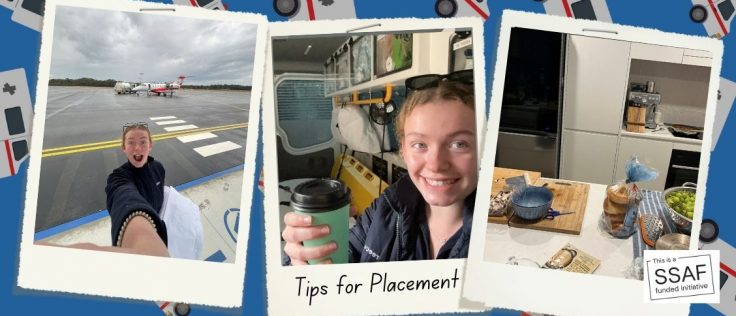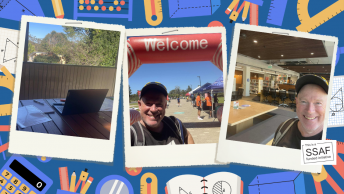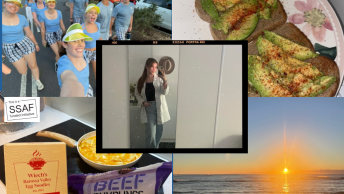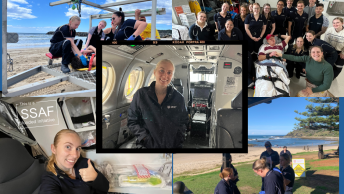Written by Ebony Boyd
Paramedics are known for always being kind, respectful, helping, and ‘always know what they’re doing.’ That is true, but sometimes the path to greatness can be a rocky road. Going on on-road ambo placement is a requirement for studying paramedicine.
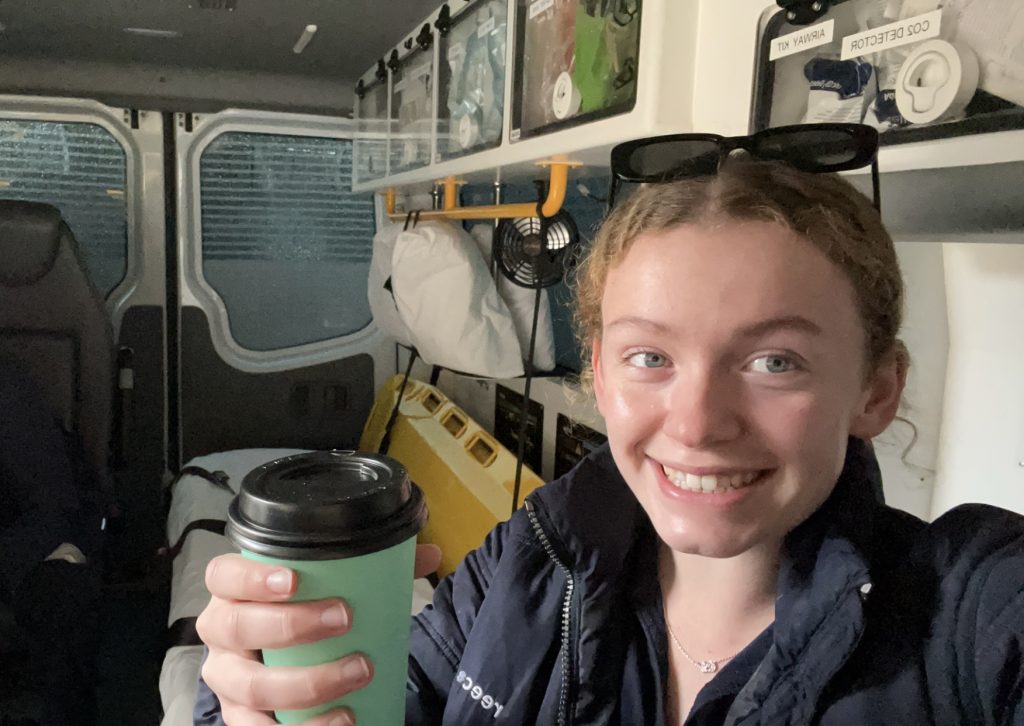
Placement is an immersive experience to gather and utilise classroom learning into physical practice. Majority of the time placement is fun – driving fast in the ambulance with the sirens on (which might be you one day), being out talking to real patients’ instead of manikins, and seeing your preceptor be role models of who you strive to be in the near future.
Like most things, there can be a negative component. Placement is unpredictable, crazy, fast-paced (or sometimes slow-paced) and sometimes traumatic.
Second year is when most students go on their month-long ambulance placement. A roster of 4 days of 12-hour shifts and then 5 days off, which seems cool except when those 4 days come with the craziest cases; heart attacks, suicides, cardiac arrests, back pain, and TOE pain (if you know, you know). A range of cases which really throw you for a loop. So, it’s important to take care of yourself mentally, emotionally and physically.
Ask Questions
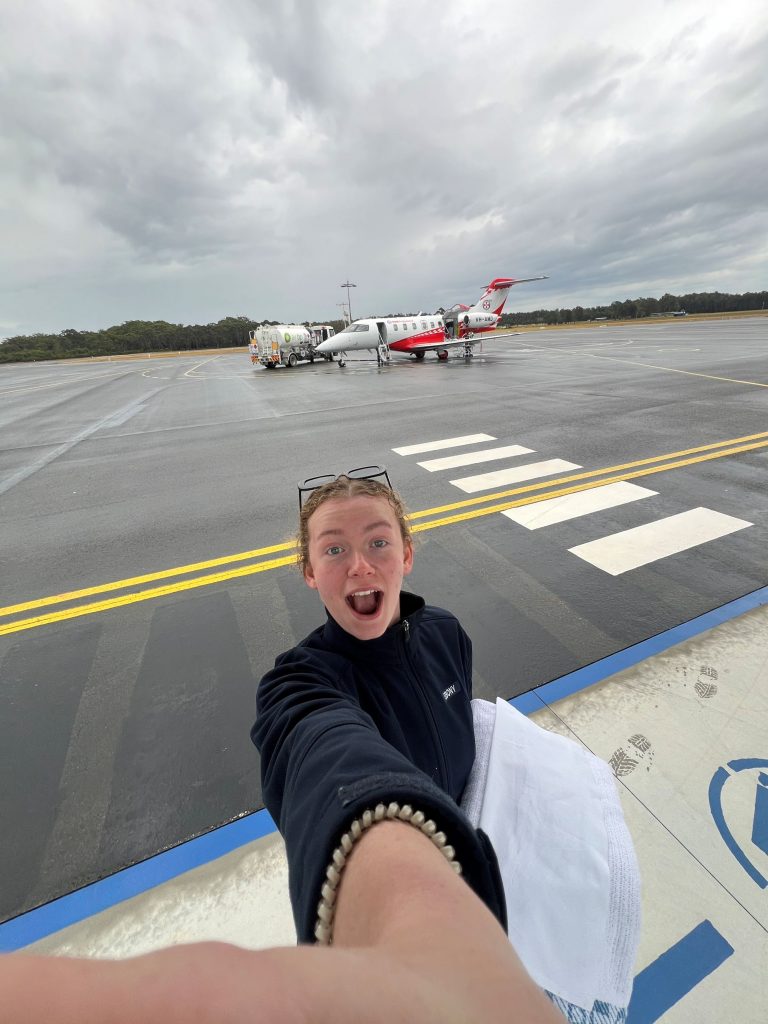
This starts with your preceptor. Make sure to ask as many questions as possible and to discuss the cases in depth with your preceptor.
I found a solid debrief at the end of every case and every day allowed loose or worrisome thoughts and stupid questions to be eliminated.
It also allowed to have a solid understanding of your preceptors’ justifications and reasonings for their determinations of patient’s care and how you might incorporate that into your own future practice.
Additionally, if something was scary or frightening, make sure to let your preceptor know, they have more experience with these situations and communicating your unease allows them to better support you, and there is nothing wrong with that!
Talk it Out
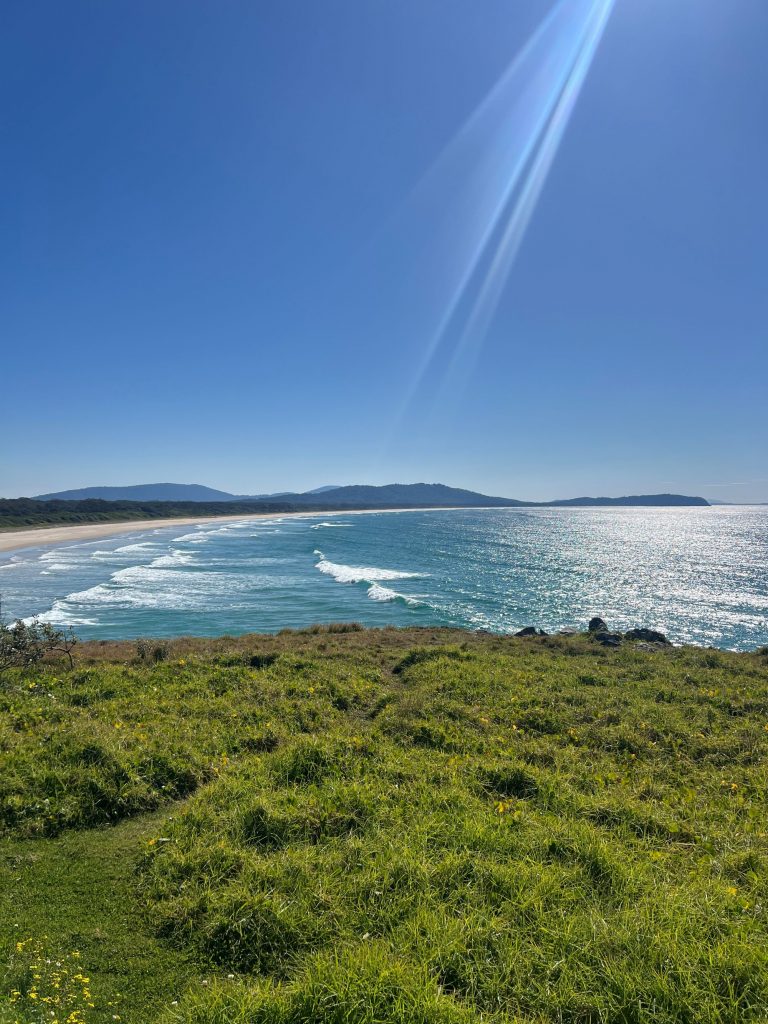
As cliché as it sounds, chat with your mates.
Utilising your peers, friends, and lecturers as a soundboard to rant your thoughts can be so stress-relieving.
If you’re mentally struggling with some of the things you’ve seen, reach out to the support services:
CSU text line (0480 087 002) or via phone call (1300 572 516),
LifeLine: 13 11 14
Beyond Blue: 1300 22 4636
Headspace: 1800 650 890
Catch Some Z’s
With these 12-hour shifts, its critical to get enough sleep! The hours can be long and hard and poor sleep worsens this.
Extra Tips
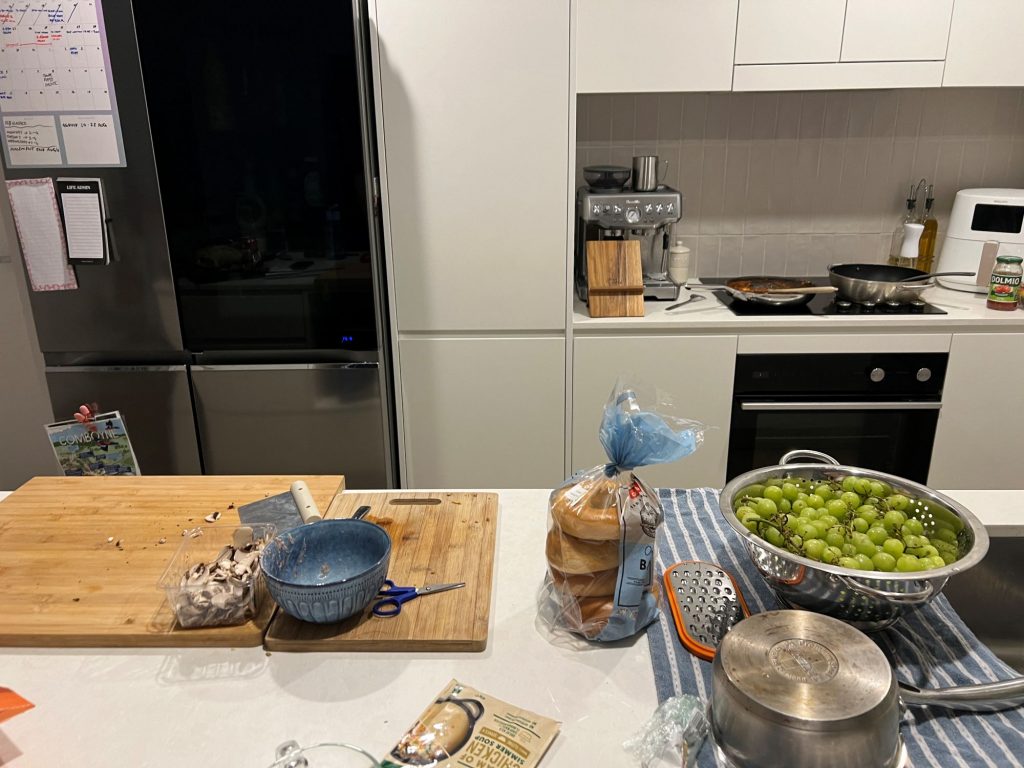
- Meal Prep will save your life during this time – whether it be stacks of ready-made frozen meals from Coles or fresh home-made food you cook yourself. Make sure you eat good and healthy.
- Bring lunch on the road with you, fast food is not always available in the NSW bushland.
- COFFEE IS AN ESSENTIAL (if it’s your thing, it’s mine). Coffee can really help on those extra-long days.
Charlie blog is a SSAF funded initiative


